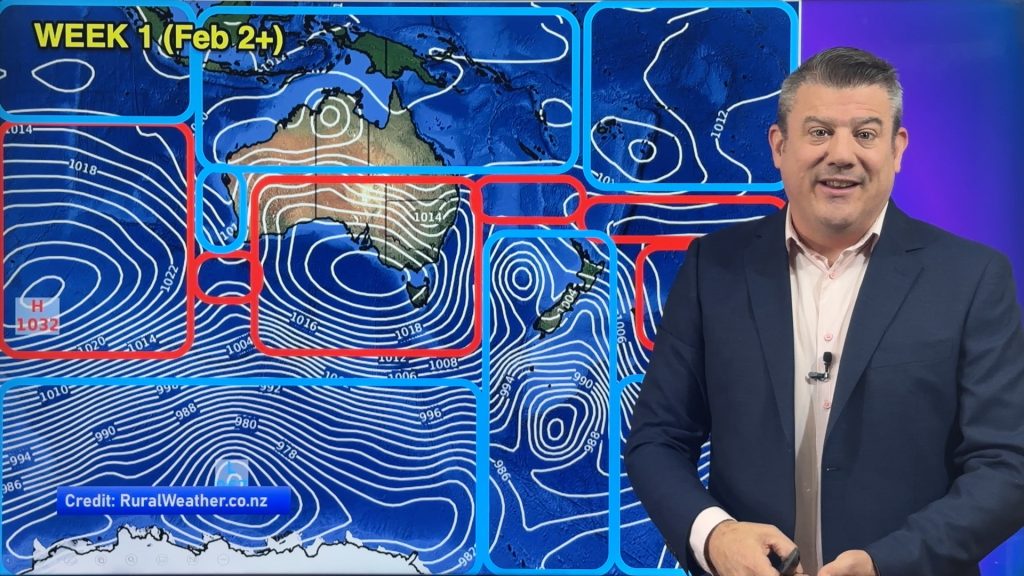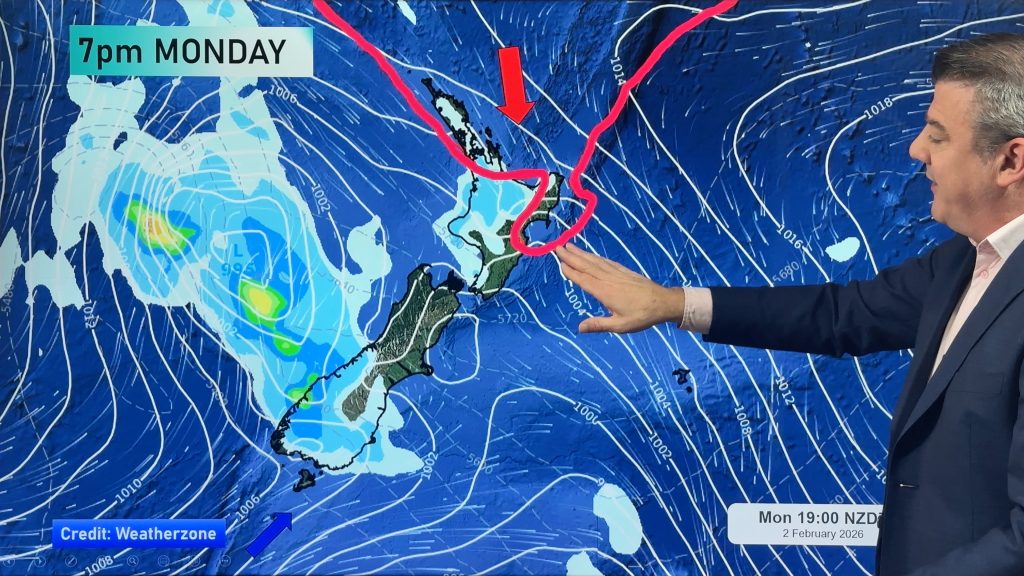El Niño ‘unlikely’ this year – Australian climate experts
23/10/2014 12:32am

> From the WeatherWatch archives
Weather models are now showing an El Nino is unlikely to develop this year.
Of the models surveyed by the Bureau of Meteorology, three of eight are suggesting El Nino thresholds could be reached by January, while another two remain just shy of the thresholds for an event.
The bureau’s manager of climate prediction services, Andrew Watkins, says even though the models have backed away from an El Nino this year, El Nino-like conditions are still expected.
“About half the models from around the world are currently indicating that we are still likely to have an El Nino event. Whether we have one or not, what we are saying to people is we have some conditions out there that will typically bring warmer and drier conditions to large parts of Australia.
“Even though the odds are about 50 per cent, we still expect to see some impacts.”
He says temperatures in the Tropical Pacific Ocean have remained warmer than average for more than six months, but have not reached El Nino levels.
“And we do have some cooler waters to the north of Australia, and that combination alone, even if it’s not an El Nino, typically brings warmer than normal conditions to Australia, and unfortunately drier than normal conditions to eastern Australia,” Dr Watkins said.
The outlook for the rest of the year is for hotter and drier conditions in many parts of the country.
“The current conditions we’re seeing, both in the Tropical Pacific Ocean and around Australia’s coasts are pushing us towards generally drier, generally warmer summer ahead, increased risk of heatwaves, some increased risk of bushfires, particularly in the south-east, and parts of the west, but a reduced risk of tropical cyclones and a reduced risk of flooding, or widespread flooding, which is always good to see during the wet season,” Dr Watkins said.
– Weatherzone/ABC
Comments
Before you add a new comment, take note this story was published on 23 Oct 2014.





Add new comment